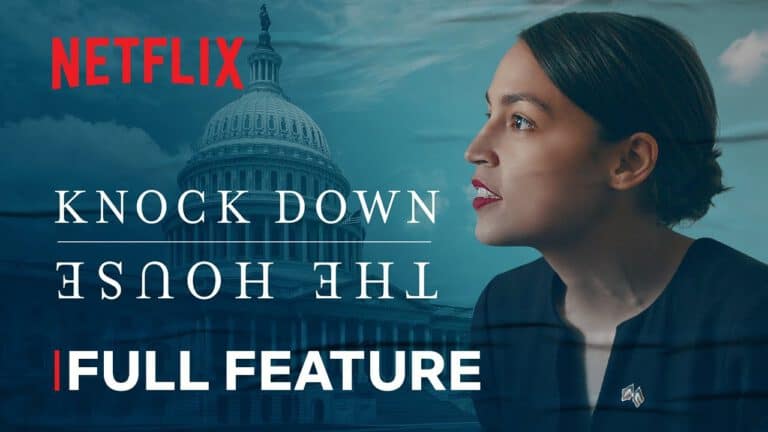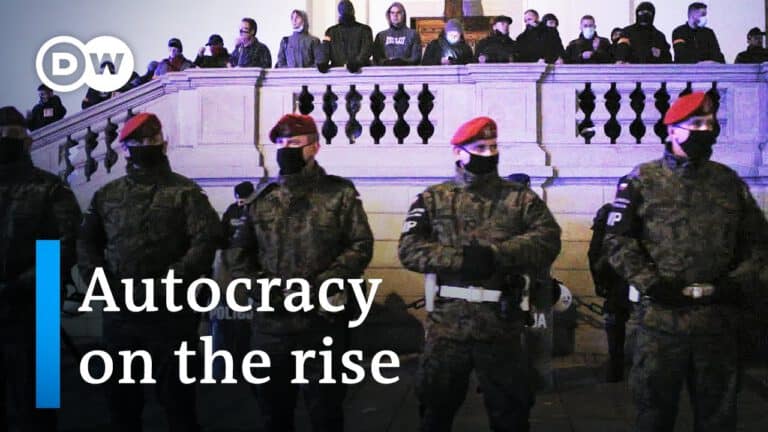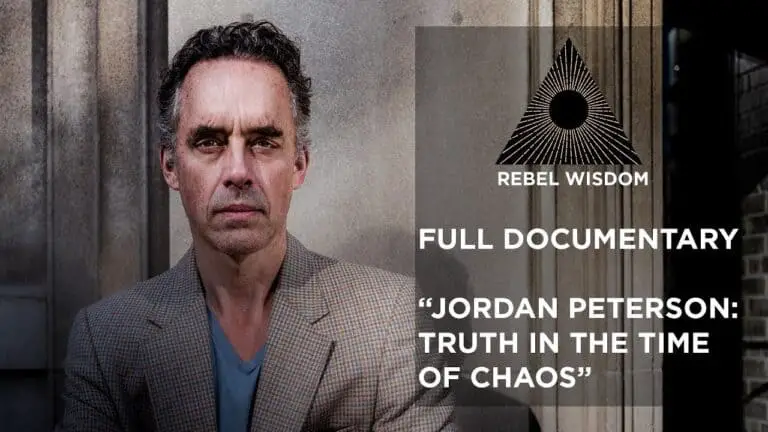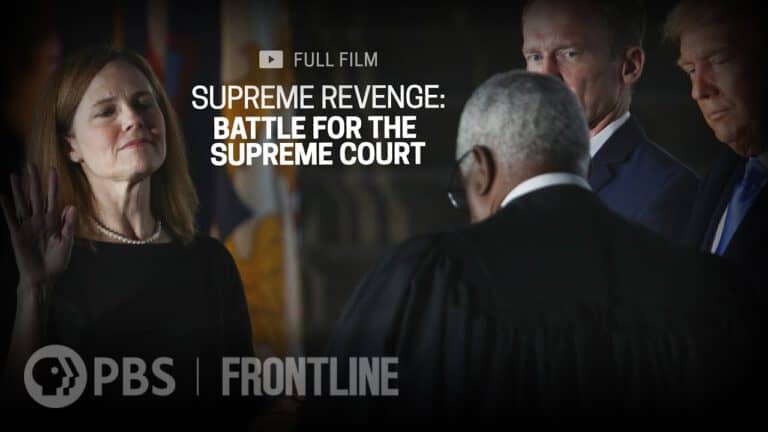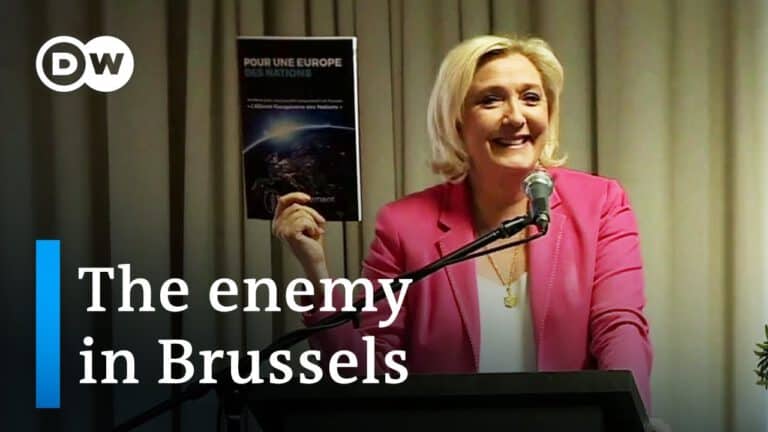Putin’s Way to the Top
The Frontline documentary “Putin’s Way” investigates the rise to power of Russian President Vladimir Putin.
The documentary highlights the allegations of corruption that have surrounded Putin throughout his career, with former police investigator Andrei Zykov arguing that Putin has built corruption into a meticulous system.
Karen Dawisha, an expert on Putin’s Russia, has documented extensive evidence of what she calls “Putin’s kleptocracy.”
The documentary traces Putin’s early career in St. Petersburg, where he found work at city hall after returning from his KGB posting in Dresden, East Germany. Putin quickly rose to the position of deputy mayor and controlled which foreign companies could register their offices and receive offices.
The documentary also details Putin’s commissioning of a documentary about himself called “Power,” in which he admitted to being a former KGB agent in foreign reconnaissance.
Dawisha argues that Putin’s Russia is an authoritarian system that has been successful because it is not incapable of being democratic; it simply does not want to be.
The documentary concludes that Putin’s rise to power has come at a great cost and that he has so many guilty secrets and has stolen so much money that he does not trust anyone to keep him safe if he steps down from power.
As Putin’s star continued to rise in the 1990s, he would eventually be appointed as the head of the Federal Security Service (FSB), which was the successor to the KGB.
Putin quickly gained a reputation for being ruthless in his dealings with the enemies of the state, such as Chechen separatists and other groups that challenged the authority of the Russian government.
In 1999, Boris Yeltsin, the then-president of Russia, resigned from office and appointed Putin as his successor. Putin quickly consolidated his power and cracked down on political opposition and independent media outlets.
He also began to build up the Russian military and used it to assert Russia’s dominance in the region, such as in the 2008 war with Georgia.
Despite Putin’s authoritarian tendencies, he remained popular among the Russian people due to his strong leadership and his efforts to improve the country’s economic situation.
However, his popularity has waned in recent years due to a struggling economy, corruption scandals, and tensions with the West over issues such as Ukraine and Syria.
The documentary explores Putin’s rise to power and the allegations of corruption and human rights abuses that have plagued his government. It features interviews with former associates of Putin, as well as experts on Russian politics and history.
One of the main themes of the documentary is Putin’s approach to governance, which is characterized by a combination of authoritarianism and populism.
Putin has presented himself as a strong leader who is willing to take tough measures to protect Russia’s interests, but he has also used propaganda and disinformation to maintain his grip on power.
The documentary also highlights the ways in which Putin has used the country’s natural resources, particularly oil, and gas, to enrich himself and his allies.
Critics allege that Putin’s government has been characterized by widespread corruption and cronyism, with political power often being used to benefit personal and business interests.
Overall, “Putin’s Way” is a comprehensive look at one of the most controversial and enigmatic leaders of our time. It offers insights into Putin’s personality, his approach to governance, and the challenges facing Russia today.
Whether you are interested in Russian politics, and global affairs, or just want to learn more about this fascinating figure, “Putin’s Way” is definitely worth a watch.
Subscribe to our newsletter
Get Access To Our Latest Documentaries Before Everyone Else

